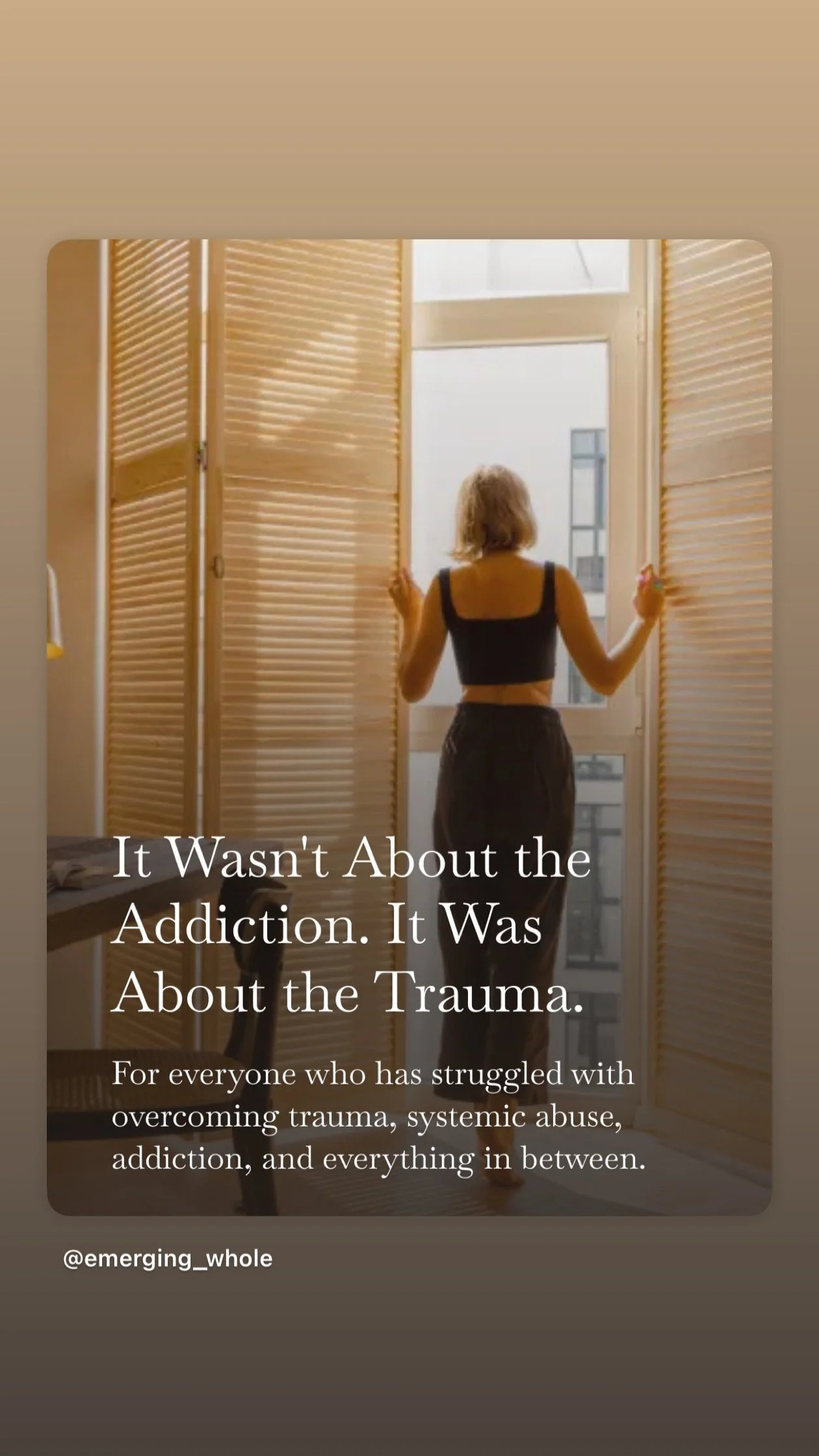
The Girl Who Was Never Enough
Religious trauma, childhood abuse, and shame can feel like a life sentence — especially when the people who were supposed to protect you were the ones causing the harm. Emma's story is one of CPTSD, the shame-addiction cycle, and finding a secular recovery path when traditional approaches didn't fit.

Boundaries For Beginners
Rebuilding relationships after recovery starts with boundaries. Learn what support to ask for, what you don't need, and who deserves a front-row seat.

Rebuilding Your Life in Recovery
For years, maybe decades, your substance or behavior made decisions for you. Where you went, who you spent time with, how you spent your money, what you did with your time. It was exhausting and destructive, but in a weird way, it was also simple. Your life had a structure, even if that structure was slowly killing you.
Now that structure is gone. And you're expected to just know how to build a new one?
The truth is, most of us don't.

It Wasn’t About the Addiction. It Was About the Trauma.
The real work is figuring out what you’re trying not to feel. What truths you have to face. What changes you have to make. It’s learning that the key to lasting recovery isn’t just abstaining from your drug of choice—it’s getting to the bottom of why you needed it in the first place.